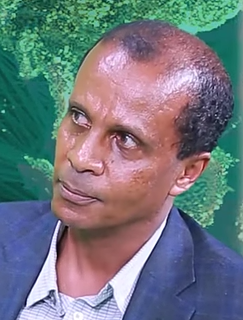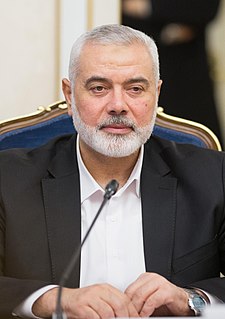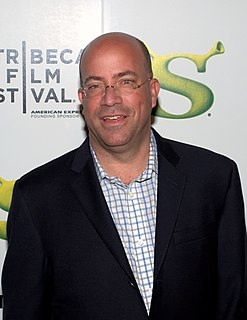A Quote by Eskinder Nega
I've never conspired to overthrow the government; all I did was report on the Arab Spring and suggest that something similar might happen in Ethiopia if the authoritarian regime didn't reform.
Related Quotes
Recall that the United Nations commissioned Arab scholars and analysts to publish the Arab Human Development Report. What causes the backwardness, the scholars wondered, of 22 Arab states, covering nearly 300 million people? Their conclusion? Of all world regions, the Arab countries scored the lowest in freedom, media independence, civil liberties, political process and political rights.
I don't think the Arab Spring had much to do with energy. I think it was just the opposite, in fact. I think the Arab Spring happened because particularly young people knew they were living in a context where they could not realize their full potential, that they are being kept down by their own governments.































